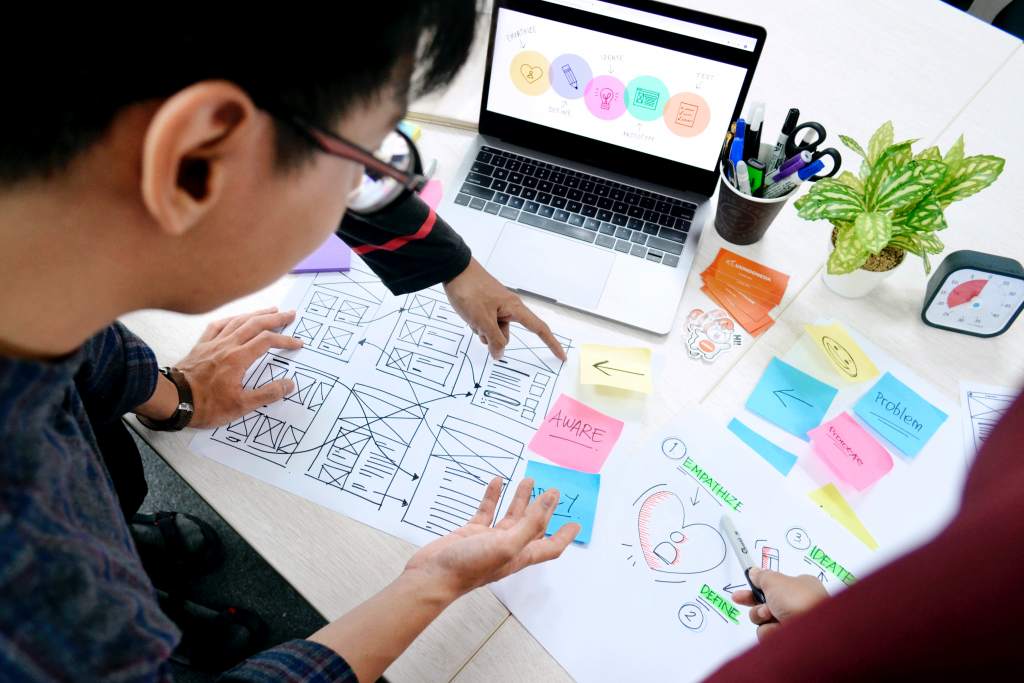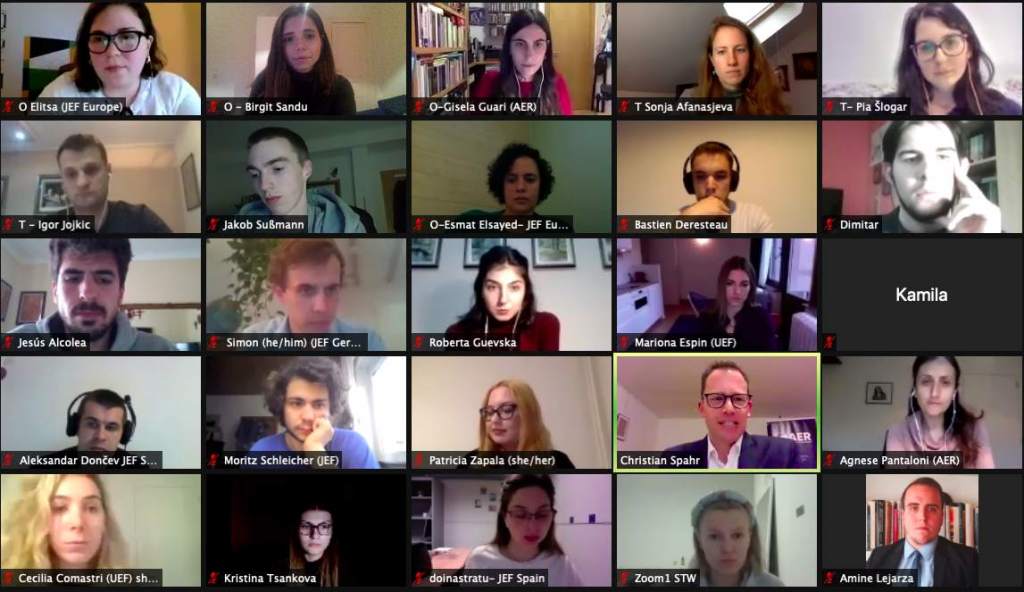 Share this!
Share this!Do you want to learn more about the European Youth Goals and its Youth Strategy, the opportunities and challenges for youth participation at local and regional level, and how to develop and effective advocacy plan?
In 2018, as a result of a Structured Dialogue with young people, decision-makers, and other stakeholders, the European Union developed the EU Youth Strategy 2019-2027. This youth strategy set out to achieve eleven European Youth Goals. These aim to overcome main challenges that young people face in their daily lives, and present a vision of Europe that empowers young people to reach their full potential.
Promoting the active participation of young people in decisions and actions at local and regional level is essential if we are to build a more democratic, inclusive and prosperous society. Active citizenship is understood as participating in democratic life with the main purpose of playing an active role in the development of society and contributing to the improvement of the well-being of its citizens. However, it is relevant to bear in mind that participation in democratic life is more than voting, hence, active citizenship is fostered by having the right, the resources, and the opportunity to participate and influence in decision-making processes, as to be engaged in actions that contribute to building a better society.
In this regard, the project “Y-FED: Europe is what we make of it” co-funded by the Erasmus+ programme aims to bring the EU closer to its young citizens by developing a proposal for an improved institutional framework of the Union in line with the European Youth Goals. It supports their implementation by embedding them in the reformed EU institutional model and transposing them from the European to the local level.
Within the framework of this project, the Assembly of European Regions together with JEF Europe, organised an advocacy training seminar which aimed to empower young people to advocate for meaningful youth participation at local and regional level. Over three days in early March, 24 young activists from Bulgaria, Belgium, Germany, Finland, Slovenia, North Macedonia, Spain, Malta and Poland learned the skills needed to advocate for their rights and priorities.
The training seminar kicked-off on Thursday 4 March 2021 with an introduction to the European Union Youth Strategy 2019-2027 and the European Youth Goals.
Following the European module, the main focus of the second session was on enhancing participants’ understanding of active youth participation in democratic and political life at regional and local level. Trainees got to learn about examples of best practices and non-formal education activities, which facilitated the identification of youth participation challenges as outlined in the European Youth Goals.
The last day of the training seminar aimed to build participants’ advocacy skills and provide them with the right tools to lobby for better youth participation. The trainees were split into 8 groups in which they had to develop an advocacy strategy based on the challenges for youth participation identified during the previous session. They also had to design a timeline of advocacy activities to be implemented at local and regional level to push for change. The challenges were the following:
- young people’s lack of engagement, and critical thinking in decision-making processes on local and regional level
- creating more inclusive communities for young people with fewer opportunities
- instrumentalisation of young people for political goals by decision-makers
- lacking opportunities for active participation for young people on local and regional level
- difficulties in accessing organised groups and activities for rural/suburban youth
- lack of information and networking amongst young people regarding current mechanisms for youth participation
- lack of transparency in consultation processes with young people
- financial and educational obstacles to empowering young participation
What’s next?
Following the training seminar, the trainees will implement their advocacy actions in European regions, which will be part of the follow-up activity within the Y-FED project.
Stay tuned to hear how the young activists will overcome the obstacles identified and improve youth participation at regional and local level.
Photo by UX Indonesia on Unsplash

